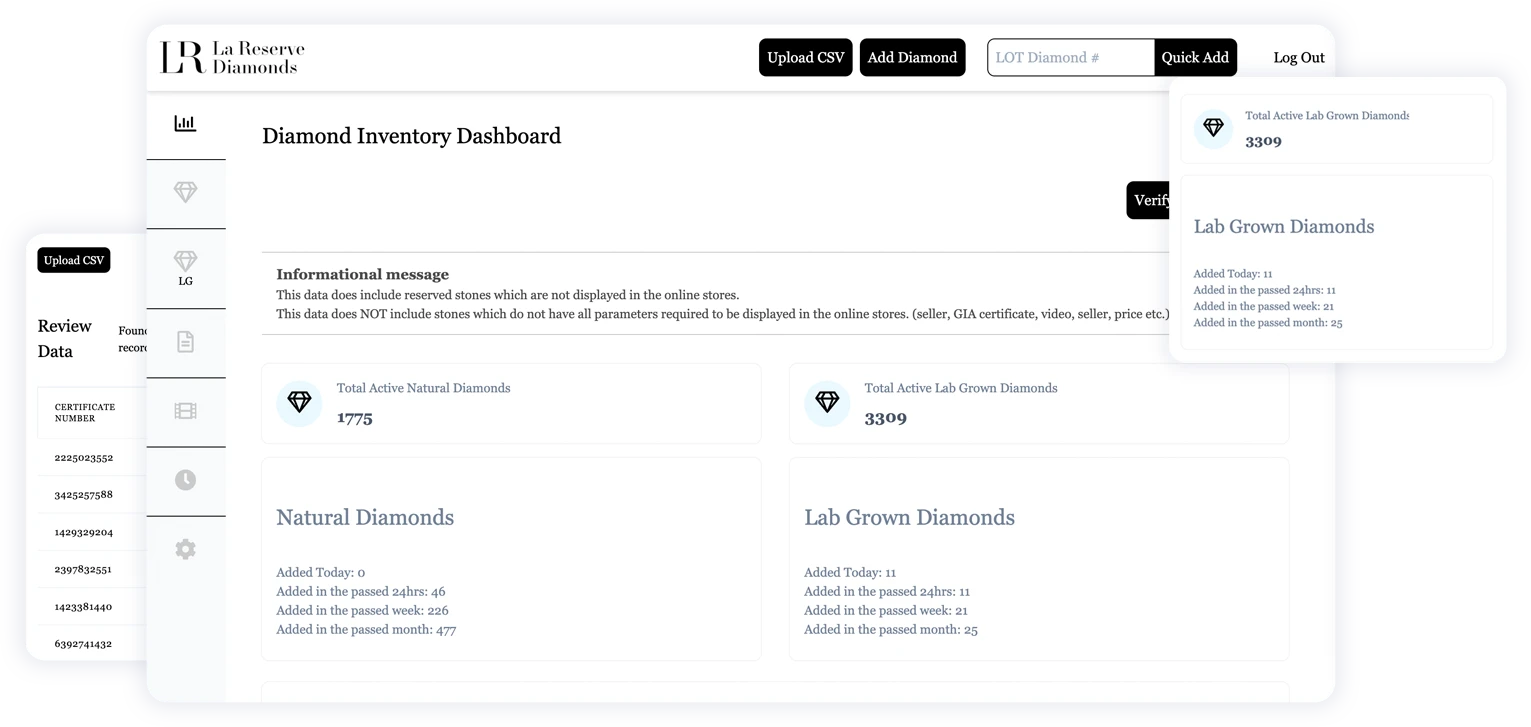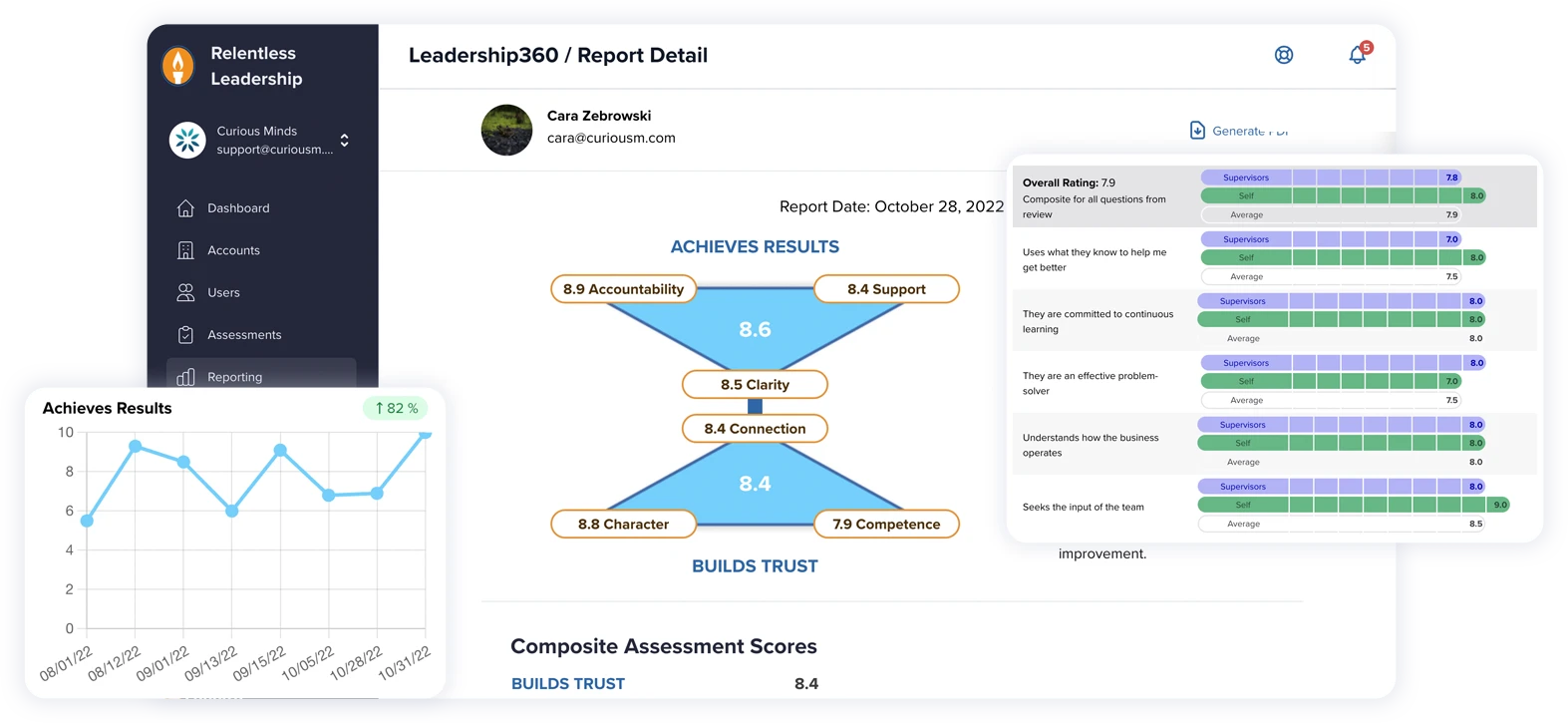The Big Decision: WooCommerce or Shopify?
So you're in the thick of the e-commerce hustle, right? You've got stuff to sell and people to impress. But hold on, you're at a fork in the road: WooCommerce or Shopify? Both are titans in the online selling space, but which one's going to be your go-to?
Side-by-Side: WooCommerce and Shopify Features
Ease of Use and Setup
WooCommerce is a WordPress plugin, so if WordPress isn't your second language, you've got some homework to do. Shopify? It's like instant coffee—just add water and stir.
Customization Galore
Shopify gives you a decent range of customization options, but WooCommerce takes it to another level. If you're code-savvy, the sky's the limit with WooCommerce.
Themes and Templates
Shopify offers some slick, professional themes. WooCommerce, backed by the massive WordPress community, has a smorgasbord of themes for every business type.
Payments and Shipping
Both platforms have your back. Shopify comes with its own payment system, while WooCommerce lets you integrate with a whole bunch of others. Shipping options? Check and check.
SEO and Marketing
WooCommerce leverages WordPress's SEO prowess. Shopify isn't as flexible but still holds its own when it comes to getting your store noticed.
Customization: A Closer Look
WooCommerce Customization
Themes and Templates: Pick from a wide array, both free and premium.
Plugins and Extensions: The WordPress community offers a plethora of plugins.
Coding Flexibility: It's open-source, so you can tweak it to your heart's content.
Shopify Customization
Themes and Templates: Industry-specific, professionally designed themes
Apps and Tools: The Shopify App Store is like a candy store for e-commerce.
Custom Development: Shopify's own coding language, Liquid, allows for some customizations.
The Money Talk
At first glance, WooCommerce seems like a freebie, but don't be fooled. While the plugin itself won't cost you a dime, there are other expenses to consider.
Hosting: While the WooCommerce plugin is free, you'll need a hosting service. WP Engine is a reliable option, but it's an extra expense.
Themes: Free themes are available, but for a more professional look, you might opt for a premium theme.
Plugins and Extensions: While many are free, specialized features often come at a cost.
SSL Certificate: Necessary for secure transactions, this is another expense to plan for.
Shopify Costs
Shopify operates on a tiered pricing model, and each tier comes with its own set of features.
Here's a quick rundown:
Subscription Plans: Shopify provides various plans, each offering different features to match your business requirements.
Transaction Fees: Opting for Shopify Payments will waive transaction fees, but using a third-party payment gateway will incur additional charges.
So, when you're budgeting for your online store, make sure you factor in these costs. It's not just the upfront fees; it's the add-ons, the transaction fees, and the potential upgrades that can add up. Make sure you're looking at the whole financial picture.
Switching Lanes: Easy Migration
Thinking about jumping ship from WooCommerce to Shopify, or the other way around? Don't sweat it; it's not as scary as it seems. But, you do need to plan it out. Here's the lowdown.
Making The Switch
Export Your Data: Whether you're on WooCommerce or Shopify, your first step is to export all your data—products, customers, orders—into a CSV file.
Import Data: Shopify has a built-in tool for this, while WooCommerce allows direct uploads to your WordPress dashboard. Third-party services are also available.
URL Redirects: Maintain your SEO by redirecting your old URLs to the new ones on your chosen platform.
Test, Test, Test: Before launching, ensure all data and features are correctly transferred and functional.
Things to Keep in Mind
SEO: Make sure to transfer all your SEO settings, like meta descriptions and titles.
Feature Gaps: Not all features will have direct equivalents when switching platforms. Identify these and find alternatives.
Hosting and Themes: If you're moving to WooCommerce, you'll need to handle hosting and select a compatible theme.
Plugins and Apps: WooCommerce relies on plugins, while Shopify has an App Store for added functionality.
Switching From Another CMS?
If you're currently using a different CMS like Magento, BigCommerce, or Wix, the process is similar. Export your data to a CSV file, import it into WooCommerce or Shopify, set up URL redirects for SEO, and test before going live. For WooCommerce, you'll also need to sort out hosting and themes; for Shopify, check for feature gaps.
Switching isn't a cakewalk, but with some attention to detail, you can make it pretty smooth. Whether you're moving from WooCommerce to Shopify or vice versa, keep these steps and tips in mind for a successful transition.
Integrations and Plugins: The Add-Ons
Your e-commerce platform is just your starting line. The race is won with the plugins and apps that boost your store's capabilities. Here's what each platform brings to the table.
WooCommerce
Popular Plugins: From Yoast SEO to various payment options like Stripe, you've got choices.
Integrations: Sync up with CRM tools like HubSpot, set up email campaigns with Mailchimp, and even integrate social sharing features.
Shopify
Popular Apps: Automate marketing with Kit, manage inventory with Stocky, and more.
Integrations: Shopify plays nice with Amazon and eBay for multi-channel selling, offers a bunch of third-party payment options, and lets you integrate with shipping and analytics services.
Both WooCommerce and Shopify offer a ton of plugins, apps, and integrations to supercharge your online store. The trick is to pick the ones that fit your business like a glove and make them a seamless part of how you operate.
Things to Ponder Before You Pick
Business Size and Goals
Are you a startup with sky-high ambitions, or are you already a big player? Your business stage will guide you to the platform that best suits you. Shopify is great for all sizes, while WooCommerce offers the flexibility that might be more enticing for bigger, more established businesses.
Tech Skills
Are you a code guru or a tech newbie? If you love diving into code, WooCommerce is your playground. If you'd rather stay out of the tech weeds, Shopify is more your style. And if you're in the middle, a web agency like Curious Minds Media can keep things running smoothly for you.
Must-Haves
Got some non-negotiable features? Maybe a specific payment option or advanced SEO tools? Make a checklist to ensure your chosen platform can deliver.
Taking these factors into account will help you make a smarter choice, aligning your platform with your business needs and skills.
Curious Minds Media: The Expertise You Need
If you're aiming to be a big deal in online retail, you can't ignore Curious Minds Media. We aren't hobbyists; we're seasoned experts in both WooCommerce development and Shopify development.
Proven Success: Our work is a loudspeaker for our skills, featuring successful stores built on both platforms.
Tailored Solutions: Looking for custom themes, unique plugins, or special integrations? We've got the know-how to pull it off.
Beyond Setup: We don't just help you launch; we stick around for ongoing maintenance and support to keep your store running smooth.
In the end, both WooCommerce and Shopify have their strong points. Your final choice should be based on what you specifically need, how tech-savvy you are, and what you're willing to spend. Both are solid options, but the best fit will be the one that aligns most closely with your business goals and how you operate. So take a beat, consider the pros and cons, and make a choice you won't regret.



















